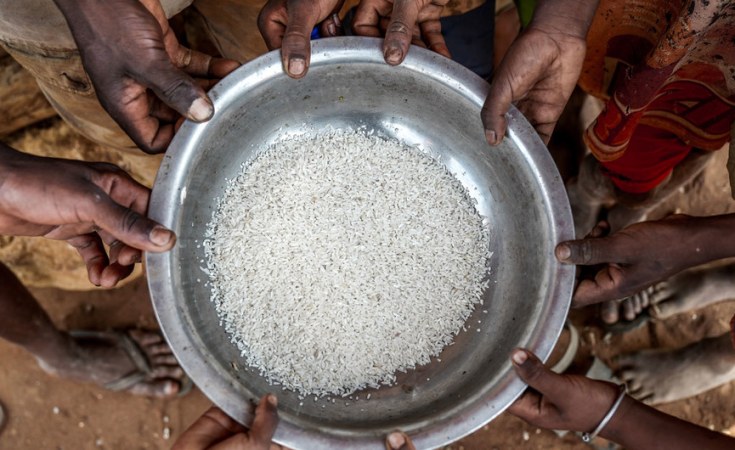Luanda — Angola is absent from the list of ten countries facing the world's most severe food crisis, in a group that includes eight African states, according to the Global Report on Food Crises (GRFC) 2024, released recently.
The report was produced in collaboration with the Food and Agriculture Organization of the United Nations (FAO) and the World Food Program (WFP), the document lists Mali, South Sudan, Burkina Faso, Nigeria, Libya, the Central African Republic (CAR), the Democratic Republic of Congo (DRC) and Mozambique among the nations with the worst food crises on the continent.
Afghanistan and Haiti complete the group of the ten most affected, according to the report, which presents data from last year.
According to the report, to which ANGOP had access on Monday, these countries are facing severe food crises due to a combination of factors, including armed conflicts, economic crises, extreme weather events and the forced displacement of populations.
The document essentially aims to alert the global community, governments, international organizations and donors to step up efforts to address the underlying causes of food insecurity and provide effective assistance to the most vulnerable populations.
In this regard, ANGOP learnt that Angola's absence from the list of those most affected by the food crisis is due to the government's effective policies of economic diversification and investment in the agricultural sector.
The source said that in recent years, the Angolan government has implemented strategic measures to reduce dependence on oil and encourage growth in other sectors, such as agriculture, tourism and industry.
It also emphasized that Angola's economic diversification has been a crucial factor for its food stability and that the promotion of non-oil sectors has created new job opportunities and increased domestic food production.
The report also stated that the government has invested in rural infrastructure and training programs for farmers, resulting in a significant increase in agricultural production.
Economic stabilization policies and financial reforms implemented have helped to keep inflation under control and strengthen the national currency.
To achieve these positive results, Angola has established strategic partnerships with international organizations and allied countries to promote sustainable development and food security.
These collaborative factors have been fundamental to the country's resilience in the face of global economic challenges.
Despite international efforts, acute food insecurity continues to have devastating humanitarian consequences in the most affected countries.
The recently published Global Report on Food Crises (GRFC) 2024 sheds light on the growing challenges of food insecurity afflicting several nations around the globe. OPF/VC/DAN/AMP


